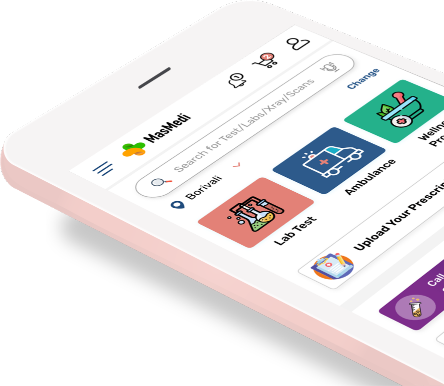Sample Type
Gender
Age Group
Blood
Male/Female
All Age Group
Cells all across the body, particularly those in the intestines, liver, and kidneys, create ammonia (NH3). The liver converts the majority of the ammonia created by the body into urea. Although urea is a waste product as well, it is considerably less harmful than ammonia. The brain is highly hazardous to ammonia. It may result in fuzziness, fatigue and occasionally coma. If your doctor suspects you have a condition that could result in a dangerous ammonia buildup, they may perform this test on you. Hepatic encephalopathy, a serious liver disorder, is most frequently diagnosed and tracked using it.
best labs
Option Near Youlab comparison
As per your budgetAffordable
Price GuaranteedUNBIASED ADVICE
On LabsSUNDAY LAB
Labs available on SundaysTracking health status made easy with the app. Now available on both Google Play Store and App Store. Book health tests and access your smart reports and health trackers anytime anywhere.
